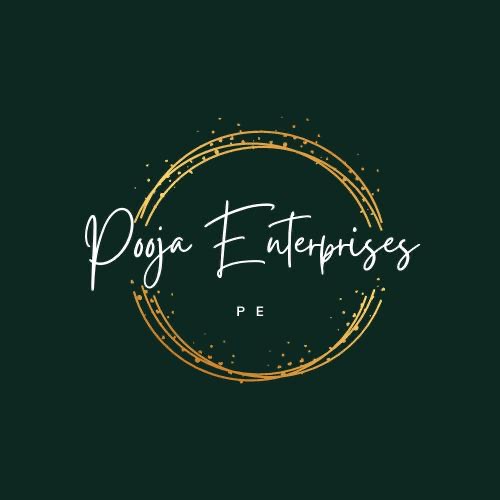Insurance is an expense that you are likely to ignore even when there is a demonstrated need for it. It is possible then that you may overlook circumstances where the need for protection is not immediately apparent, but the financial consequences of not taking adequate cover is likely to be severe.
Here are a few common situations where some people may believe that they do not need insurance. However, they would see the need for buying insurance if they think it through.
I don’t have dependents
The purpose of life insurance is to provide protection against the loss of income, in the event of your death, to those dependent on it. This would make it seem that life insurance an avoidable expense if you do not have any dependents. However, consider a few of these situations before you decide that your death may not have any financial consequences for others.
For example, if you have outstanding debt, then on your death it may become the responsibility of the co-signatory or guarantor of the loan.
To take care of such a situation, buying a term insurance policy—to the extent of the outstanding debt—will provide protection to those who would be liable for the repayment of the debt.
Even if you do not have dependents now, it may be prudent to take a life insurance while you are healthy—to lock-in better rates—in preparation for the future when you may have dependents, particularly if there is a pre-disposition to certain illnesses in your family.
I am retired
Life insurance is typically seen as redundant in retirement because there is no income being earned. However, insurance may have a place in your retirement strategy in certain situations.
One, if the pension during retirement is primarily linked to your life, then your spouse or dependents will lose their source of income in the event of your death.
Similarly, if the pension in retirement is being supplemented by income from employment or a second career, then it becomes necessary to protect your dependents from the loss of that income.
In these situations, life insurance—at least to the extent of income replacement required—should be part of the retirement plan. Similarly, continuing a life insurance taken earlier in life—at low premiums—may be a good way to leave a lump sum behind to compensate for the costs related to health and old-age care in the later years of a person’s life.
Insurance policies can also be used to leave a legacy for family members and others. The premium on insurance and the time available will be the primary considerations in deciding between insurance and building an investment corpus to meet the need.
I am a stay-at-home spouse
Consider the financial consequences on the household if the stay-at-home spouse were not there to take care of the many tangible and intangible services that they provide, before deciding that life insurance is not required for them.
In their absence, services such as taking care of minor children, managing the household and others could become expenses that will have to be paid out of the pocket. Often, a person’s income may not be able to cover the costs of buying these services at market price.
An insurance payout, in the event of an unfortunate passing away of a stay-at-home spouse, can help in meeting these expenses. The insurance payout can also compensate for any fall in income that an income-earning spouses may face if they have to cut-back on their career plans to now step into a nurturing role.
While it may be difficult to set a monetary value for these services, all the financial implications need to be considered before deciding the extent of insurance cover to be taken. The intent should be to provide, at least, financial stability to a family seeking emotional stability in such situations.
I have employer-sponsored cover for health
The health insurance provided by an employer may be limited in scope and coverage. This includes the types of illnesses and the number of dependents covered.
It is important to evaluate the protection provided to identify what more is required to provide complete health protection for yourself and your dependents.
The insurance provided by employers is unlikely to keep pace with changes in individual employees’ needs and inflation in health costs. This makes it important to add an individual cover to the employer-provided protection.
Apart from an inadequate cover, the risk with depending only on employer-sponsored plans is that the cover ends when the employment is terminated.
It may leave you unprotected till such time you are either employed again or get individual cover. The other big risk is that once you are no longer employed, you may find it difficult to get individual cover at reasonable premiums, given that you are older and likely to have more health issues.
A better strategy would be to take individual cover early on, when in good health, to supplement employer-provided health cover and to keep it in force without default. This will ensure health insurance later on in life too at reasonable rates without the risk of being refused cover for pre-existing conditions or having to pay a much higher premium for the same.
Also, features of employer-provided cover may change year to year without you being aware of these.
It is important to see insurance as protection and not merely as an expense. There will then be motivation to seek gaps in your financial security and see how best they can be protected by leveraging existing cover or with new insurance, as required.
